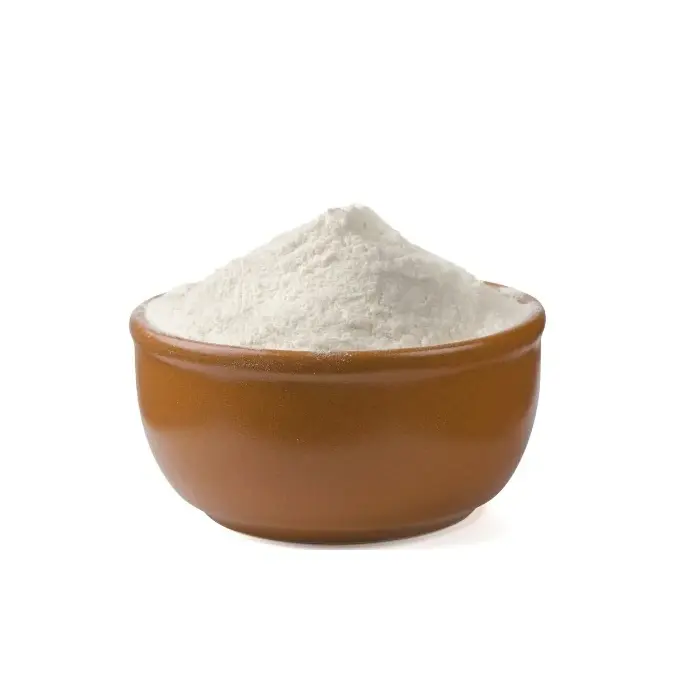Magnesium oxide is a strongly alkaline metal oxide that can modify HZSM-5 molecular sieve. The main functions of magnesium oxide modification are:
① Reduce the acidic strength of HZSM-5 molecular sieve, thereby reducing the reaction of methanol dehydration to produce methane and ethylene as by-products.
② Increase the alkaline strength of HZSM-5 molecular sieve, thereby improving the selectivity of propylene and butylene.
③ Improve the structural stability of HZSM-5 molecular sieve, thereby improving the durability of the catalyst.
Specifically, the impact of magnesium oxide modification on the performance of HZSM-5 molecular sieve catalyst is as follows:
① Selectivity: As the magnesium oxide content increases, the selectivity of propylene and butylene gradually increases, while the selectivity of methane, ethylene and aromatics gradually decreases. This is because the alkalinity of magnesium oxide can absorb the protons generated by the dehydration of methanol, thus inhibiting the production of methane and ethylene.
② Conversion rate: Magnesium oxide modification can improve the conversion rate of HZSM-5 molecular sieve catalyst. This is because the alkalinity of magnesium oxide can promote the reaction of methanol dehydration to produce propylene and butylene.
③ Stability: Magnesium oxide modification can improve the stability of HZSM-5 molecular sieve catalyst. This is because magnesium oxide can fill the pores of HZSM-5 molecular sieve, thereby preventing the clogging of the catalyst active sites.
Research shows that the improvement effect of magnesium oxide modification on the performance of HZSM-5 molecular sieve catalyst depends on the magnesium oxide content. When the magnesium oxide content is 0.25%~1.00%, the catalyst has the best performance. When the magnesium oxide content exceeds 1.00%, the performance of the catalyst will gradually decrease.
Magnesium oxide modified HZSM-5 molecular sieve catalyst has wide application prospects in methanol to propylene, methanol to butylene and other reactions.

